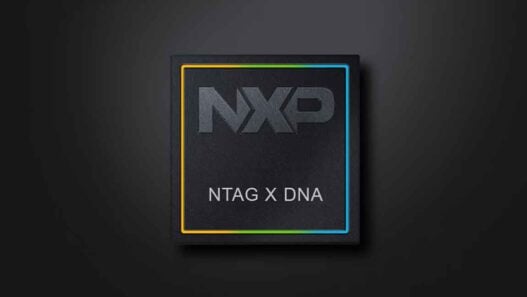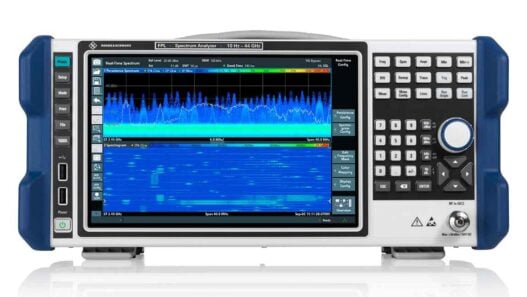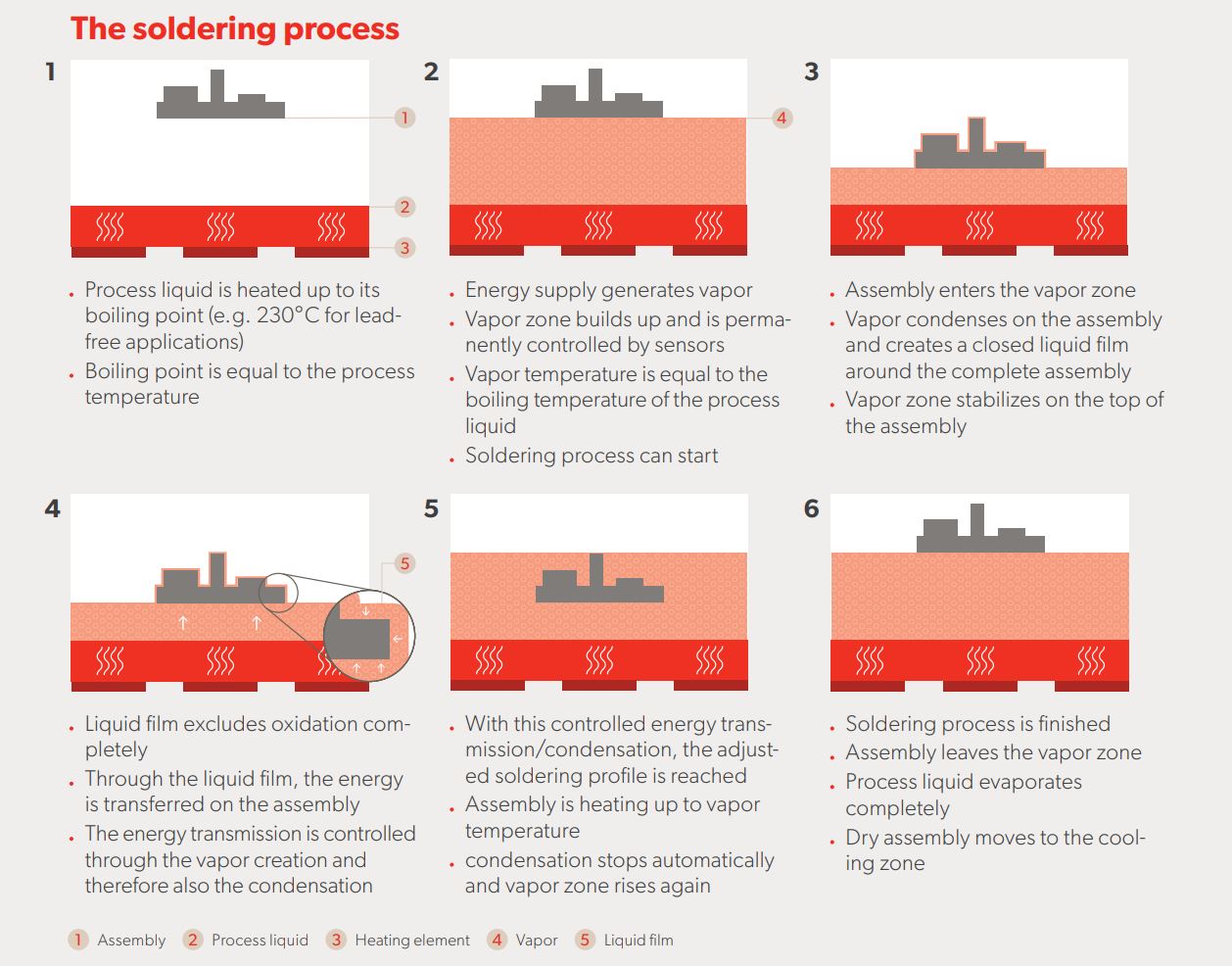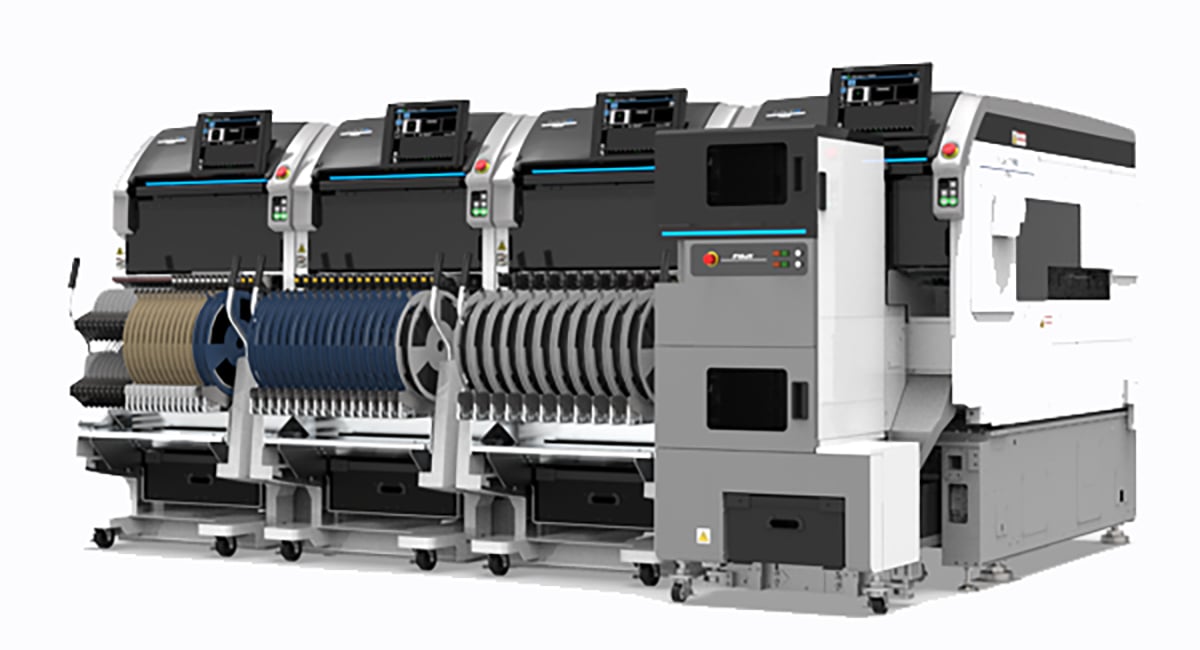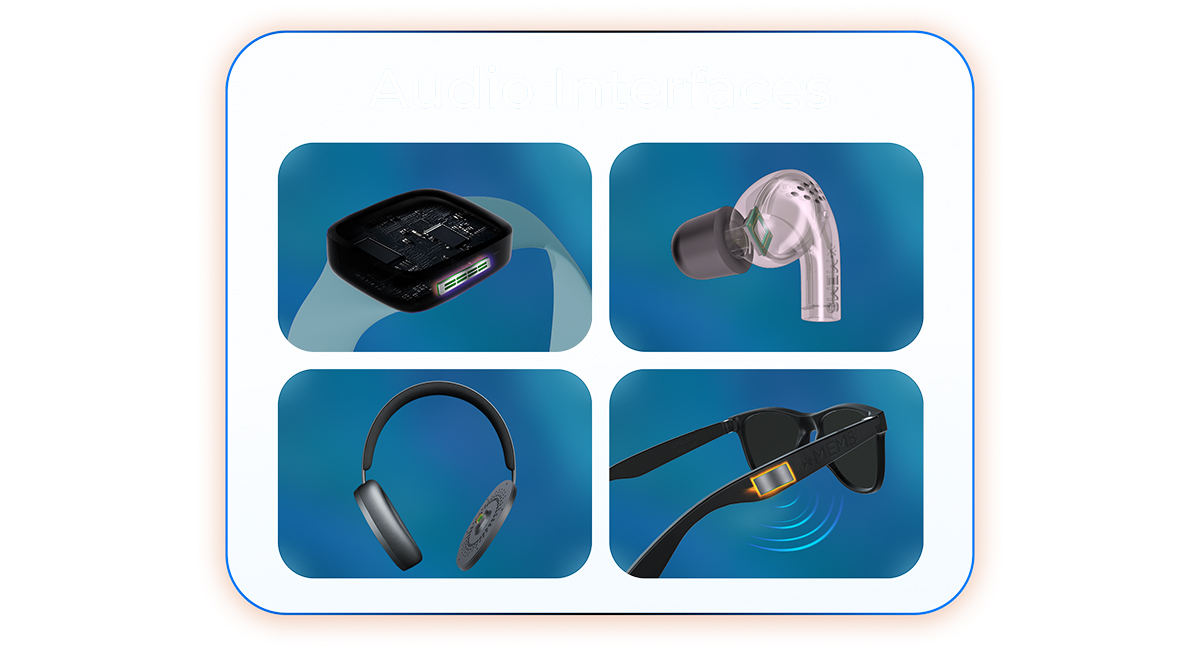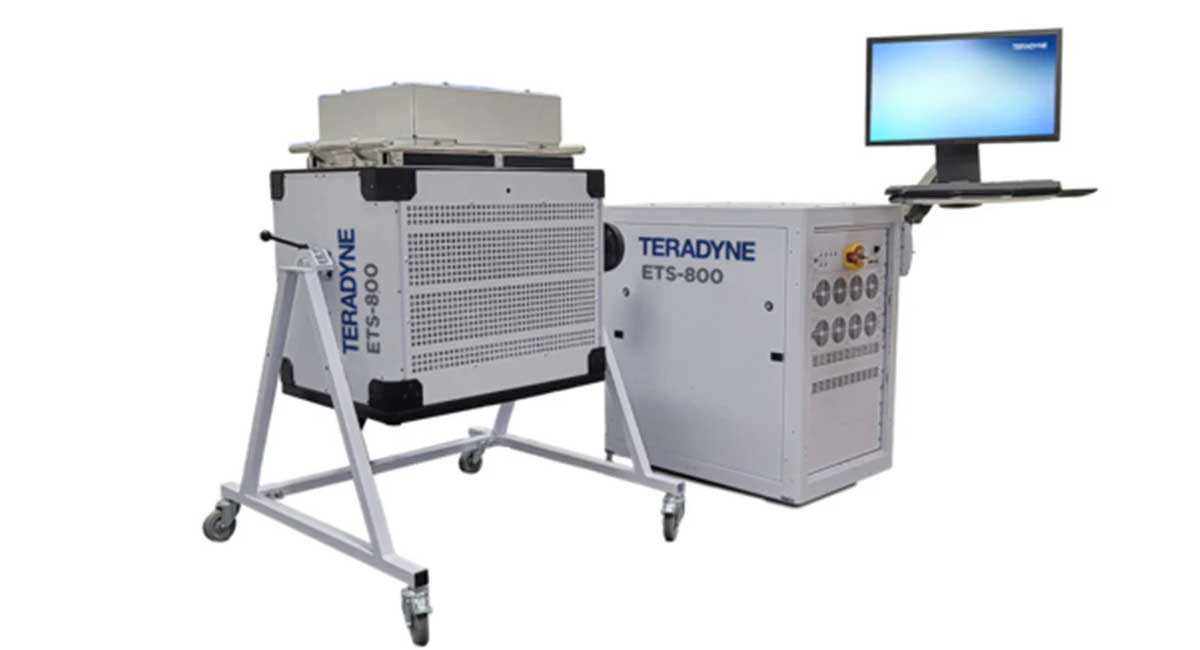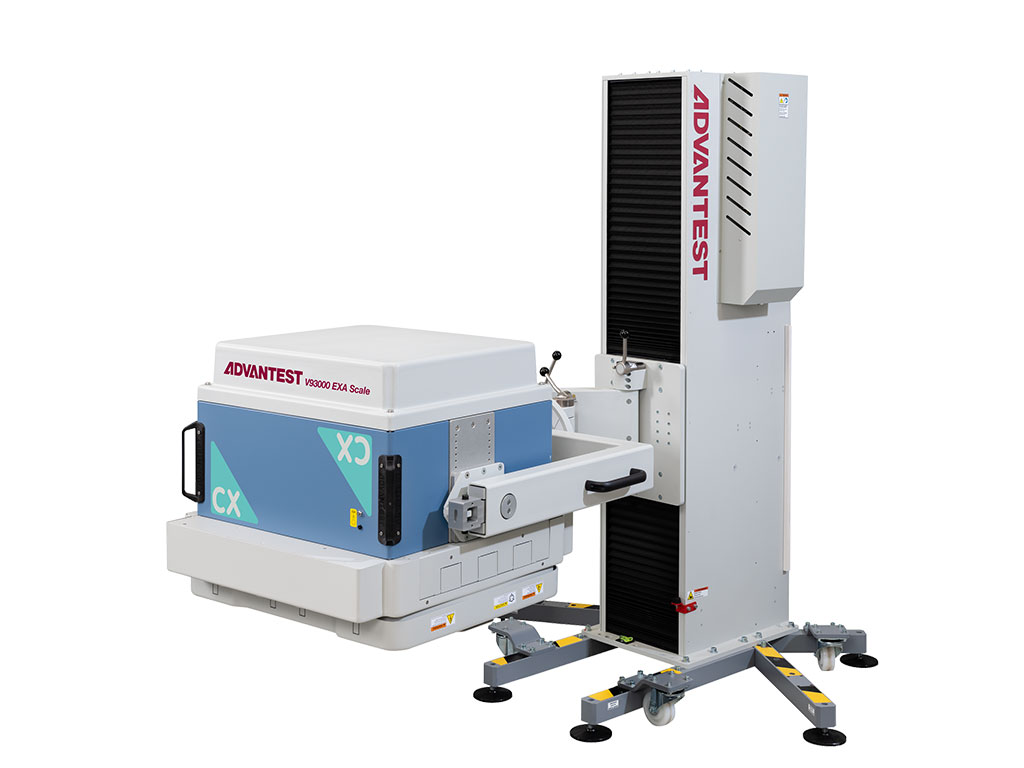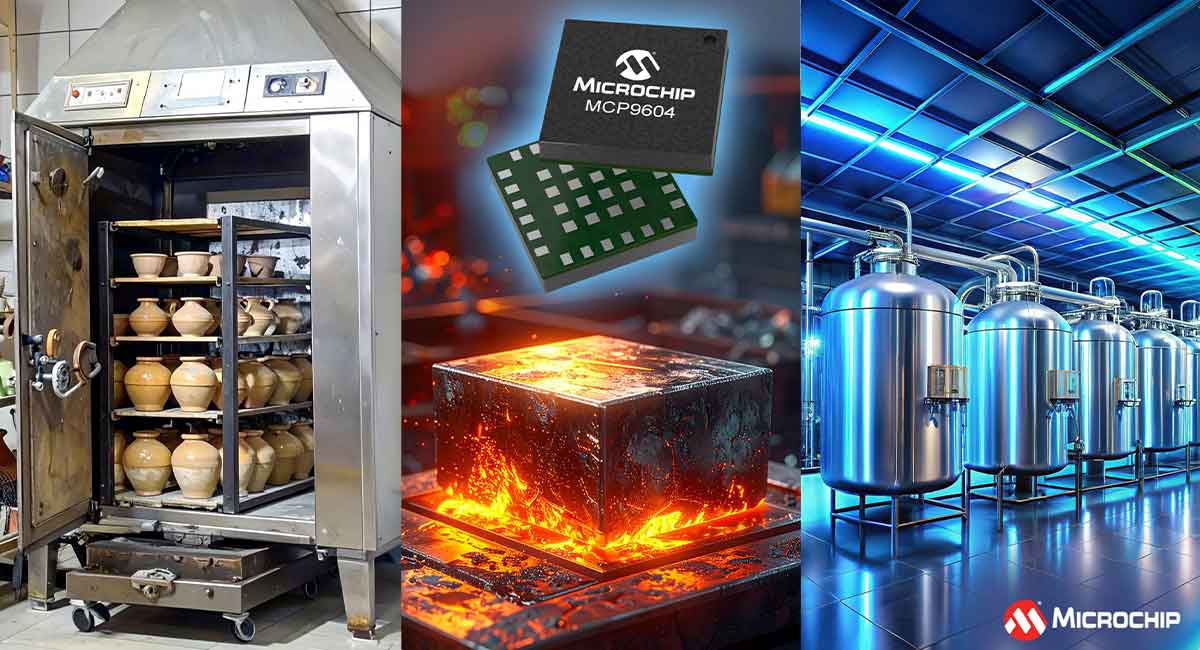Among the many decisions the manufacturer faces are selecting the optimal reflow soldering method, which occupies a vital space. At Altus Group, we are often at the centre of those discussions, advising customers on key considerations and potential pitfalls. Here, Joe Booth, Altus Group CEO shares valuable insight on how to decide on reflow process optimisation.
Two prominent reflow methods emerge within our portfolio: Vapour Phase Reflow and Convection Reflow. Both can be great investments, offering unique benefits that match specific applications better than others and even catering to specific needs through options with or without a vacuum environment. We believe that the processes are synergistic and supplementary to one another and many of the top CEMs in the UK have both processes. But what about cases were you can only pick one or another? Here are some key factors to consider:
Vapour Phase Reflow-precision in thermal uniformity
Vapour Phase Reflow attains unparalleled thermal uniformity as it immerses the entire assembly in vapour. This method guarantees the even distribution of heat. The fluid’s boiling point is a natural thermostat, meticulously regulating temperatures to prevent components from experiencing excessive heat. Crucially, Vapour Phase Reflow excels in oxygen-free environments, mitigating oxidation risks, and it is the torchbearer in intricate soldering tasks, particularly on high-density boards where precision is the name of the game. Moreover, its energy-efficient attributes contribute to environmental sustainability. Yet, it’s incumbent upon manufacturers to bear in mind the initial setup costs, which can be relatively higher (depending on unit selection), along with the periodic need for fluid replenishment with Galden. While cycle times may be longer than convection reflow, Vapour Phase Reflow provides consistent, high-quality results.
Convection Reflow-versatility and scalability
Conversely, Convection Reflow is widely adopted in the industry, making finding technicians with expertise in its operation easier. Contemporary convection ovens offer a range of heating and cooling zones, allowing manufacturers to control the soldering profile precisely. This method excels in throughput, making it well-suited for large-scale production. Moreover, regarding initial expenses, convection ovens generally tread on the more affordable side. However, convection heating can pose challenges in achieving uniform heat distribution, especially on the most densely populated boards.
Convection reflow can also be more energy-intensive, but recent models have improved insulation and energy utilisation significantly. While potential oxidation exposure exists (N2 options are available), with due diligence, it remains manageable and a non-issue for many UK & Irish Manufacturers. When pitted against Vapour Phase Reflow, the variable heat intensities in zones demand a more profiling oversight, ensuring components retain their integrity and solder performance at its highest.
Considerations for making the right choice
When deciding on a reflow process, manufacturers must take several factors into account:
Production volume: the scale of production often dictates the choice, with smaller batches favouring Vapour Phase Reflow for its precision, while Convection Reflow is ideal for high-volume scenarios.
Board complexity: the intricacy and component density of the board are important factors, regardless of throughput requirements.
Budget constraints: a thorough evaluation of immediate and long-term budgetary constraints is essential.
Future adaptability: given the rapid pace of technological advancements in electronics, the system’s ability to adapt to future changes is a critical consideration.
Navigating the complex journey
It is crucial to emphasise that while theoretical knowledge provides a solid foundation, real-world experience is invaluable. Altus recommends and offers application testing to align with unique needs. Choosing the right reflow soldering process involves many factors. Those contract manufacturers that are interested, should also explore the opportunity to invest in both processes at the same time and certainly have both on their technological road map, they may be surprised about the affordability as many of our partners have been. With deep expertise and a consultative approach and brilliant partners on hand, Altus helps guide partners to the optimal solution for their production goals.



